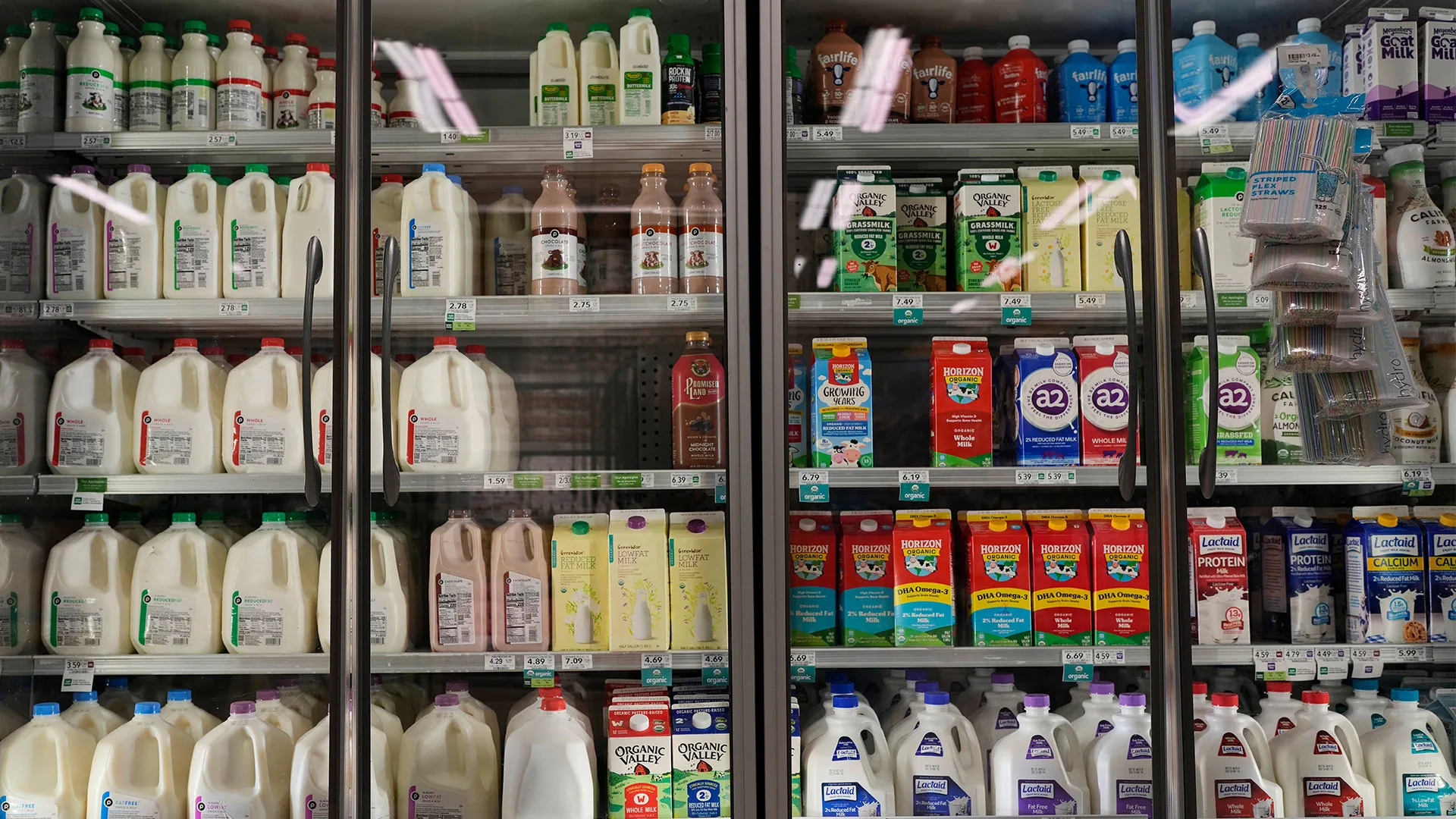
"President Donald Trump's administration faces deadlines on Monday to tell two federal judges whether it will comply with court orders that it continue to fund SNAP, the nation's biggest food aid program, using contingency funds during the government shutdown.The U.S. Department of Agriculture planned to freeze payments to the Supplemental Nutrition Assistance Program starting Nov. 1 because it said it could no longer keep funding it due to the shutdown."
"The program serves about 1 in 8 Americans and is a major piece of the nation's social safety net - and it costs about $8 billion per month nationally.The situation leaves millions with uncertainty about how they will feed themselves. Benefits will be delayed in November regardless of the outcome of the court cases because many beneficiaries have their cards recharged early in the month and the process of loading cards can take a week or more in many states."
"Democratic state attorneys general or governors from 25 states, as well as the District of Columbia, challenged the plan to pause the program, contending that the administration has a legal obligation to keep it running in their jurisdictions. Cities and nonprofits also filed a lawsuit.On Friday, judges in Rhode Island and Massachusetts ruled separately that the administration must continue to pay for SNAP. They both gave the administration leeway on whether to fund the program partially or in full for November."
"The USDA has a $5 billion contingency fund for the program, but the Trump administration reversed an earlier agency plan to use that money to keep SNAP running. Democratic officials argue that the administration could also use a separate fund of about $23 billion.U.S. District Judge John J. McConnell in Providence, Rhode Island, said SNAP must be funded using at least contingency funds, and he asked for an update on progress by Monday."
Federal courts ordered continued funding of the Supplemental Nutrition Assistance Program using contingency funds during the government shutdown, and the administration faces deadlines to comply. USDA planned to freeze SNAP payments starting Nov. 1, citing an inability to sustain funding amid the shutdown. SNAP serves about one in eight Americans and costs roughly $8 billion monthly, leaving millions uncertain about food access. Democratic state officials and the District of Columbia sued to compel funding; cities and nonprofits also filed suit. Judges in Rhode Island and Massachusetts required continued payments while allowing partial or full funding flexibility for November. A $5 billion contingency exists, and officials point to an additional $23 billion fund; a federal judge requested a progress update by Monday. All prior work-requirement waivers were ordered to remain honored.
Read at Fast Company
Unable to calculate read time
Collection
[
|
...
]